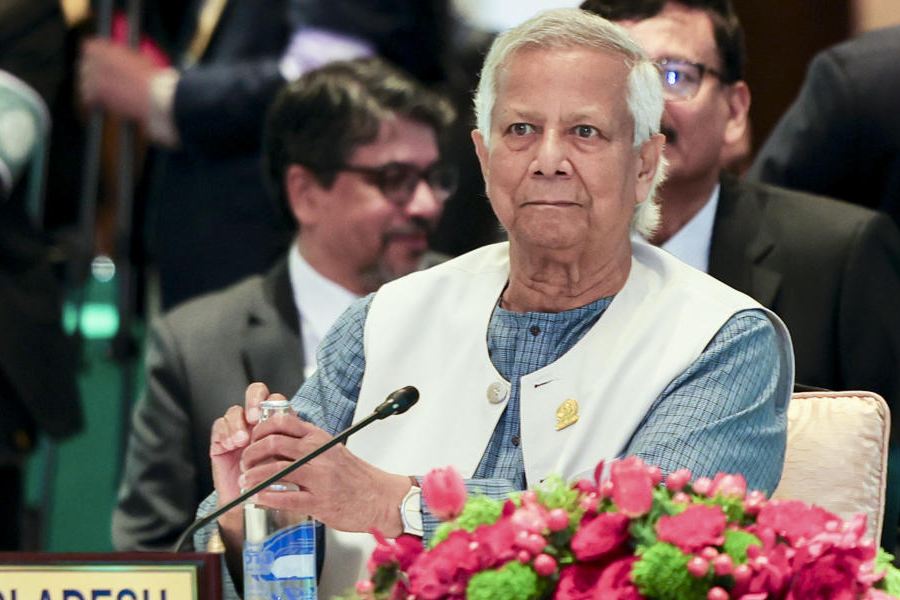|
|
Some 38 years ago, I quit The Economist, not for the last time, to work on a magazine in Paris. That was an enriching experience, and not just because it trebled the wages on which the then low-circulation Economist expected most of its staff to survive. It also taught me about my own language.
My job was to run the English-language edition of a new pan-European business monthly called Vision. Under an admirable French editor, it had English, French, German and Italian versions, with a similarly multinational staff. All editions carried the same articles, in the same lay-out; only the language varied.
Knowing Italian and rapidly learning French, our office language, I translated many of my colleagues’ and other articles myself. And what a task that was. First came the familiar translation traps. The French demander, for instance, means to ask not to demand; contrôler often means to check or monitor; a directeur is not a company director; and an éditeur is a publisher. There are plenty more.
Once learned, however, these posed few problems. Worse lay ahead. I soon found that translating meant subediting. One French colleague wrote admirably in that tongue. But what was he trying to say? His elegant French at times hid a shortage of fact, which no elegancies of English could make up for. In literary translation that may be possible; not in the plain-spoken world of business journalism.
Since English anyway takes less space than French, my edition already had trouble complying with our fixed lay-outs. Here was more. At times I had to ask my French colleague for an extra paragraph or two, to fill all that white space. I learned what years among English-speakers had not taught me, a new respect for the pithiness and flexibility of my own tongue. We English-users are a privileged lot.
Another lesson sounds obvious, but I had not really learned it even at The Economist, sold worldwide, or earlier in Mumbai on the Indian Express: the significance to language of cultural context.
My colleagues were writing from their experience, in their own languages and, mostly, for native speakers. I had first to comprehend the soil from which their texts sprang. I doubt I did that well, and it wasn’t made easier by my ignorance of German: often, I was translating an article already transmuted into French. Then I had to turn it into an English that would be clear to our edition’s readers — not only Britons but Dutchmen, Nordics, Greeks and maybe some Spaniards too.
This must be far simpler in journalism, certainly business journalism, than in literature. I learned a real respect for the miracles that some translators of novels achieve, and some sympathy for those who don’t. But even at our workaday level, it wasn’t easy. In the early 1970s I guess I was one of the most experienced journalistic translators in Europe. Yet, as some readers’ letters showed, what was plain English to me could be double Dutch to them.
Writing today for Indian readers, I’m far from sure of getting this right. Is double Dutch, for instance, a familiar phrase in Kolkata, even to those who still spell that Calcutta? Still, be grateful I don’t offer you my only published literary translations — two poems from 15th-century Frenchman (and criminal) François Villon. His “Ballad of the Hanged Men” is a masterpiece. I’m less sure about my version of it.












